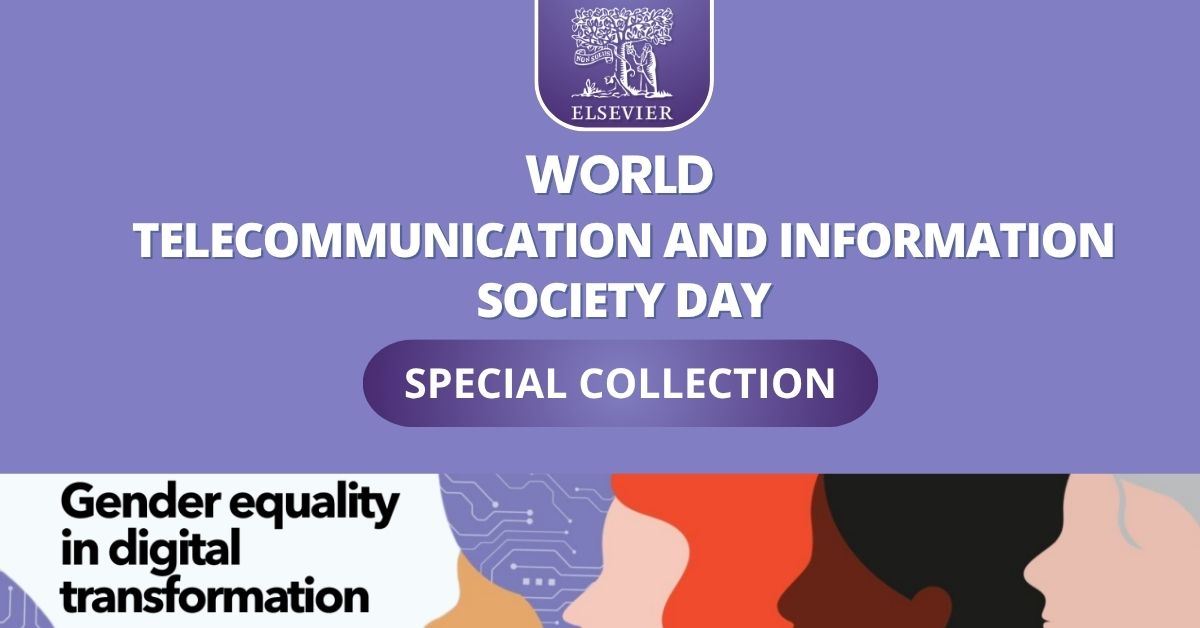The research presented provides a comprehensive review of the potential of supercritical water gasification (SCWG) as a novel solution for treating complex and hazardous hospital wastewater.
Changes in β-amyloid (Aβ) and hyperphosphorylated tau (T) in brain and cerebrospinal fluid (CSF) precede Alzheimer's disease (AD) symptoms, making the CSF proteome a potential avenue to understand disease pathophysiology and facilitate reliable diagnostics and therapies. Using the AT framework and a three-stage study design (discovery, replication, and meta-analysis), we identified 2,173 analytes (2,029 unique proteins) dysregulated in AD. Of these, 865 (43%) were previously reported, and 1,164 (57%) are novel.
This systematic review examined the relationship between cognition and motor speech production in healthy older adults and those with mild cognitive impairment, analyzing 22 studies with 747 participants. Findings suggest that cognitive functions, particularly attention and executive abilities, are linked to motor speech performance, though evidence quality varies and gaps remain.
The article provides a comprehensive review of the role of semaphorin 3A (Sema3A) in the pathogenesis and progression of Alzheimer's disease and other aging-related diseases. It discusses the expression patterns and mechanisms of action of Sema3A in various age-related disorders, including its involvement in oxidative stress, inflammatory responses, apoptosis, and synaptic plasticity.
Real-world evidence can supplement clinical trial data to optimize Alzheimer’s disease care by aiding early patient identification and assessing drug effectiveness and safety in everyday use in diverse clinical settings/populations. This information helps inform clinical practice guidelines and supports the development of tools for timely diagnosis and personalized treatment strategies.
The article discusses the role of gut dysbiosis, bacterial amyloids, and metabolic diseases in the development and progression of Alzheimer's disease (AD). It highlights the bidirectional relationship between the gut microbiome, inflammation, and metabolic disorders, and how these interconnected pathways contribute to neurodegeneration. The review explores potential therapeutic strategies targeting the gut-brain-metabolic axis to mitigate AD progression.
The article discusses advancements in using 3D models and human iPSC-derived microglia to study neurodevelopment and neurological disorders, highlighting their potential for understanding brain development, microglial functions, and disease mechanisms. It also explores various models, including organoids and xenotransplantation, and their applications in studying conditions like Alzheimer’s, Parkinson’s, and autism.
This chapter aligns with UN SDG goal 3, emphasizing the link between a healthy diet and disease prevention
World Telecommunication and Information Society Day is an annual celebration on May 17th. To raise awareness for this important topic, Elsevier presents a curated list of publicly available journal articles and book chapters to help advance #SDG9 and #SDG10 research.
This article presents a participatory science framework that engages communities in soil monitoring and management through co-designed projects, educational outreach, and simplified data collection protocols.

